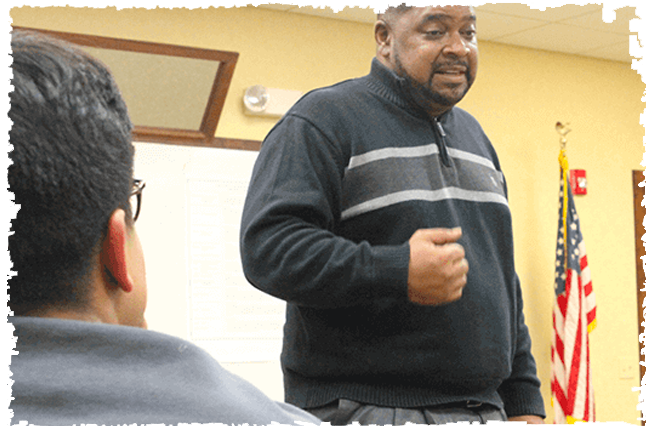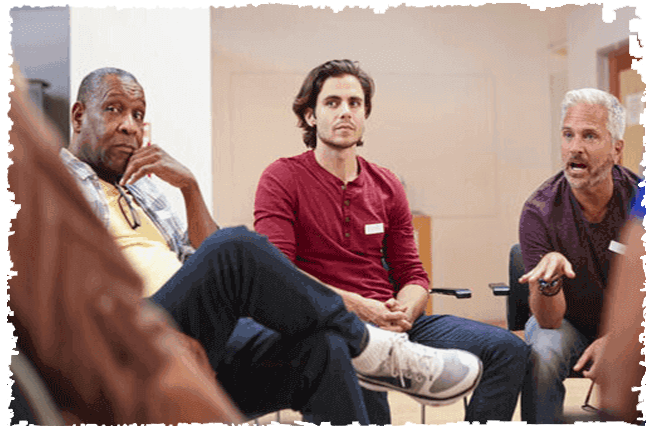Helping troubled young men navigate life’s challenges
The teenage years can be an extremely difficult time that many young men struggle to navigate. Often, they act out, experiment with drugs and alcohol, skip school, struggle academically as well as socially, hang out with the wrong crowd, and may even find themselves in legal trouble.
Providentially, Paul Anderson Youth Home is here to help. Our credentialed, professional staff provide Christ-centered, therapeutic counseling in a confidential setting. Through a Biblical, clinical approach to family, group, and individual counseling, we help young men and their families identify and navigate through their problems, get to the underlying issues, and find resolution.
Individual Counseling
Because each young man is a unique person with specific problems, not all issues can be resolved in a group setting. During his time at PAYH, each young man receives regular individual counseling in order to give intense attention to his specific needs. Through cognitive therapy, behavioral therapy, metaphor therapy, and narrative therapy, our clinical staff help each young man deal with issues such as anger resolution, delayed grief, problem identification and resolution, post-traumatic stress-type symptoms, and coping skills. As a result, they enjoy greater personal insight, fewer disruptive thought patterns, and a more positive self-image in which they recognize their valuable status as a treasured part of God’s creation.


Group Counseling
Many times, a young man needs to know that he is not alone in his struggles; however, simply hearing it from an authority figure or counselor is not enough to convince him. In a group setting, young men with similar issues can find common ground and validation from members of their peer group. This provides a chance to open up and express themselves in ways they otherwise might not. In each clinically supervised session, young men are given the opportunity to communicate with each other, to share their struggles, and help one another on the road to recovery in a non-threatening setting. In doing so, they become a part of the solution rather than part of the problem, building trusting relationships and communication skills along the way.
Family Counseling
Therapy is most effective when the entire family is engaged in the healing process. Studies show that increased family involvement brings a better chance of recovery and reduced likelihood of relapse. Through regular face-to-face sessions and Telementalhealth sessions, we deal with family relationships, power struggles, triangulation, verbalization, and communication (including non-verbal communication), as well as working through double-blind and no-win situations. This leads to fewer conflicts, an improved authority structure within the family, increased validation for each member, healthier communications, stronger relationships, and greater family function.







